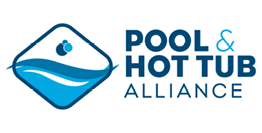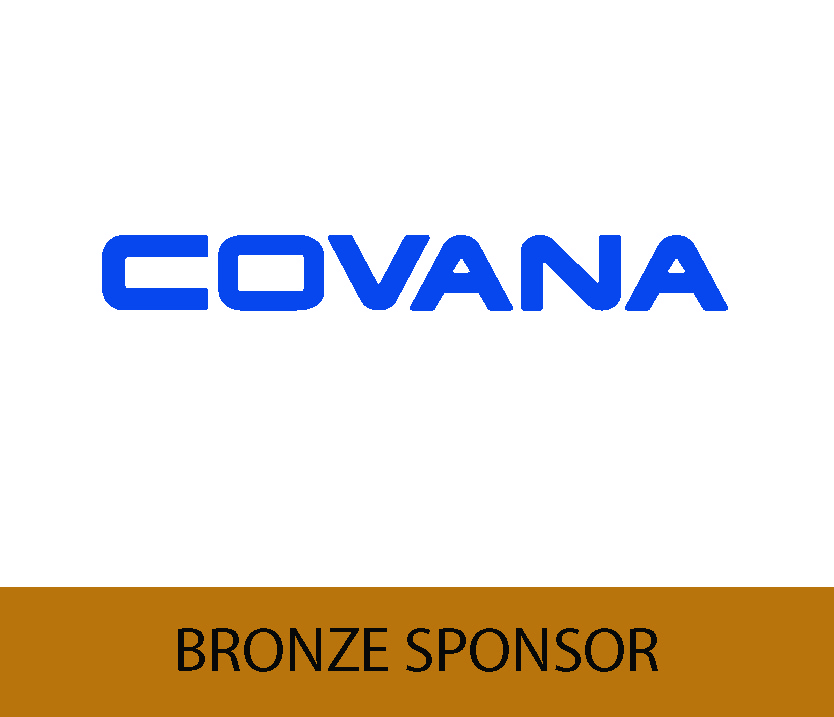Third, are they always surrounded by drama? Do others complain about them? Do your customers complain? Are they always swirling in new controversies, feuds or perceived slights?
How does all this relate to the pool and spa business?
I think a quote from American Lawyer magazine by Aric Press will make that clear. He, of course, was writing about law firms, but this sentiment can easily apply to pool and spa companies.
"Ask yourself this question, ‘why do we put up with toxic behavior?’ If the answer is 2,500 billable hours, at least you will have identified your priorities without incurring the cost of a consultant," Press wrote.
That’s a profound observation!
When Press uses the term “priorities,” I think he is talking about values and culture. If you value that your people get their jobs done on time and on budget, but you don’t really care about how they treat each other in doing so, that demonstrates what you truly care about much more than anything you dreamed up in a mission statement or the platitudes you plastered on your walls.
You can talk about values and culture all you want, but you better believe your actions speak much, much louder than your words!
What do toxic people cost your company?
The hard dollars are probably easy to measure, but you also must factor in things like lost time, reduced cooperation, lower workplace harmony, higher turnover, and especially reduced psychological safety.
Psychological safety simply means that your employees don’t embarrass, punish, or reject others when they speak up. Toxic people cost you because others—especially high performers—don’t want to put up with angry, troubled, and/or difficult people at work. In so many companies, there are workers who hang around because they bring their projects in on time and on budget irrespective of their personalities and how they contribute to (or detract from) your company culture.
Think about your incentive system, for example. You say to your people they can make more money and enhance their financial well-being by doing this small set of things, and the incentives are almost always weighted to hard measures like budget, profitability, and schedule.
They’re almost never weighted towards how a manager treats his or her people, how he treats customers, or how he contributes to the culture. If your incentives are all weighted towards numbers and not oriented towards your values, that may say an awful lot about your company’s priorities.
If you have an employee that you've identified as toxic, what do you do? There are really only two things you can do.
First, you must try to rehabilitate the individual, and that starts with you. Evaluate your own thoughts and feelings. Then try to communicate to the employee in a better way.
Why is it important to fit in with the company's values and culture, and why is that just as important, if not more important, than bringing in jobs profitably?
What if you simply cannot help the worker towards a better path? What do you do then?
You need to apply tough love. That person might be much better off in another workplace. They'd be happier working in a culture where they fit in using their “unique methodologies,” if you will. And you’re going to breathe a sigh of relief when that element is no longer a part of your company.
Life is too short for toxic people.
Wayne Rivers is the co-founder and President of The Family Business Institute, Inc. He has authored four books on the subject of business families the latest of which is "Our Family Business Crisis and How It Made Us Stronger." Wayne has appeared on the Today Show, CNN, MSNBC, CNBC, "BusinessWeek: WEEKEND" and on the Retirement Living Network. Wayne is a Wall Street Journal Expert Panelist and has also been honored as a Fellow of the Family Firm Institute.





































